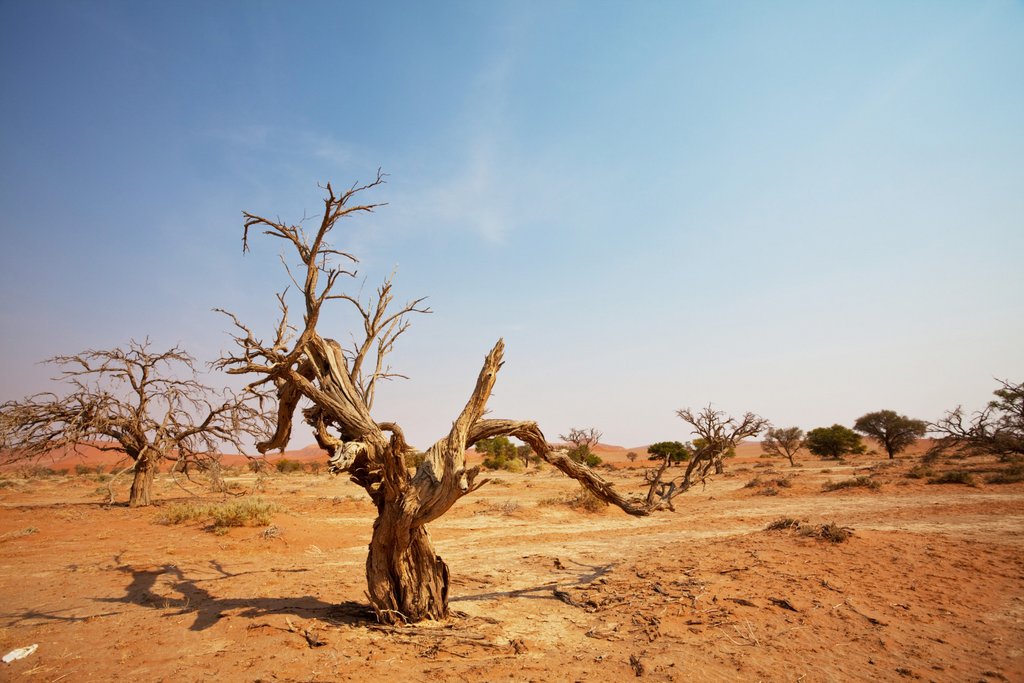Research - 17.10.2025 - 10:00
Desertification and soil degradation threaten agriculture, biodiversity and the livelihoods of many people. According to the European Commission, more than 25 per cent of the soil in the EU is at high or very high risk of desertification, with Mediterranean countries among the most vulnerable. The EU is responding to this with the NEMESIS project, which involves setting up five autonomous but interconnected “living labs” in Cyprus, France, Italy, North Africa and Spain.
In these living labs, researchers, farmers, businesses and policy makers work together to develop sustainable solutions. These include technical innovations as well as social and political strategies. Examples include participatory methods of raising awareness about soil health, school projects and local experiments on the sustainable use of water, plants and soil. E-learning platforms and training materials for various stakeholders are also to be developed, as well as so-called “twinning programmes” to promote exchange between regions.
The team led by Prof. Dr. Sabine Hoidn from SHSS-HSG is leading the NEMESIS work package “Social Innovation and Raising Awareness for Stakeholder Engagement”. The aim is to develop socio-ecological experiments, participatory training formats and interactive learning hubs. With its participation in NEMESIS, the University of St.Gallen is underlining its role as a driving force for sustainable governance, transformative education and social innovation. The NEMESIS project is co-financed with 12 million euros by the European Commission under Horizon Europe and by the Swiss State Secretariat for Education, Research and Innovation.
More articles from the same category
This could also be of interest to you
Discover our special topics
